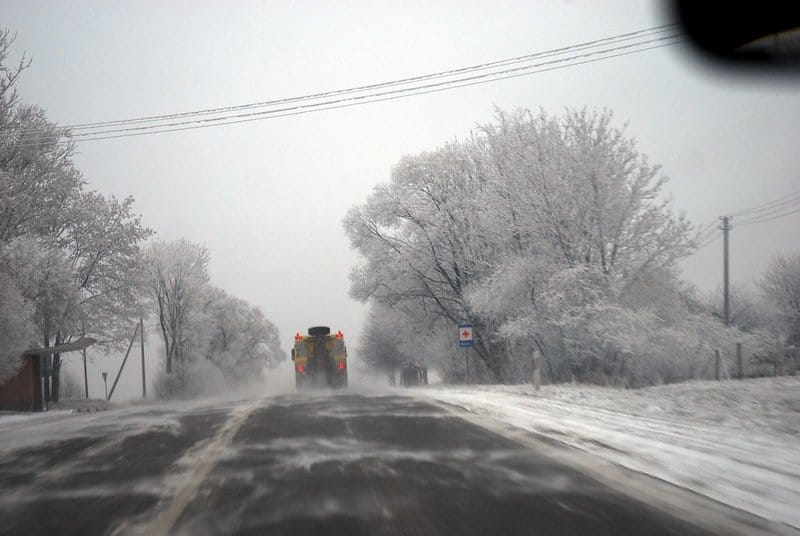Power to the nomads
Quartzsite, Arizona is a strange place. Billed as “the RV boondocking capital of the world,” it’s inhabited by thousands of nomads in tricked-out school buses and vans who effectively live on the town’s “free camping” dirt lots. And while many of these mobile homes power themselves with polluting generators, a growing number are going green with a charge from a battery maverick.
A one-man operation called High Desert Off Grid is repurposing old lithium batteries from electric cars by hooking them up to solar panels and turning them into emissions-free generators. The concept solves two problems — it gives Quartzsite’s boondockers a green energy source, and it offers a second life to cast-off batteries that are too depleted to run a car but still have enough juice to power some lights, a hot plate and a laptop computer. A custom-built software program manages the loads on the batteries, tracking energy output and helping the user choose when to run appliances to optimize efficiency.
Crushed by negative news?
Sign up for the Reasons to be Cheerful newsletter.The endeavor shows how a little creativity can find new uses for the 11 million tons of lithium-ion batteries expected to be discarded between now and 2030. “I want to illustrate the importance of not throwing these batteries in the trash,” says High Desert Off Grid’s founder Ryan Pohl.
Read more at the Washington Post
Let’s try that again
From weddings to startups to family vacations, lots of plans were disrupted over the past year. But for high-school seniors, the pain has been unique. A year often defined by big achievements in academics and athletics has been stymied by remote learning and canceled sports events. Now, some states are giving those students a “do-over.”
This month, the Kentucky House and Senate passed a bill that will let students retake any class from the past year and remain eligible for any sport they missed out on. Maryland has also introduced a bill to let current-year seniors participate in high school sports next year — even though they’ll have already graduated. And New Jersey has created a three-year “bridge” program to allow some seniors to defer their high school graduations, during which time they can participate in classes and sports, and even take a mix of high school and college courses.
The laws are designed to give students a fair shot right at the year when many hit their stride. For those seeking athletic scholarships, the do-over year could be especially valuable. “The students that were forced to sacrifice all or most of their final year of high school sports deserve the opportunity to enjoy their final season, as well as compete for scholarships that may have been lost due to their inability to play,” said one sponsor of the Maryland bill.
Needs less salt
Across North America’s colder regions, snow banks are finally retreating, leaving behind salt-caked roads and sidewalks — and an environmental problem that’s mostly invisible. The U.S. alone applies 24 million tons of road salt annually, the runoff of which damages the ecosystems of lakes and streams. One study found elevated chloride conditions in 20 percent of lakes in snowy areas, and projected that many will be too salty to support life in 50 years.

The nonprofit FUND for Lake George has been working with towns in Upstate New York to change this. Using on-board sensors, they monitor salting trucks’ speed and output, and use the data to calibrate how they can minimize usage. They’re also experimenting with different methods of salting — for instance, by applying salt before winter storms to pre-melt the snow, which requires less post-storm road scraping. And they’ve invested in better plows that remove snow more efficiently than simply blasting it off the road.
The results have been a breath of fresh air. In two years, the participating communities have cut their salt usage in half. One town was able to reduce its winter maintenance budget by over one-third. The researchers project that, if half of all New York towns achieved similar results, the total savings would top $30 million per year. “There’s no trade-off, there’s no compromise,” said one researcher. “It’s not the environment versus safety. You can have both.”







